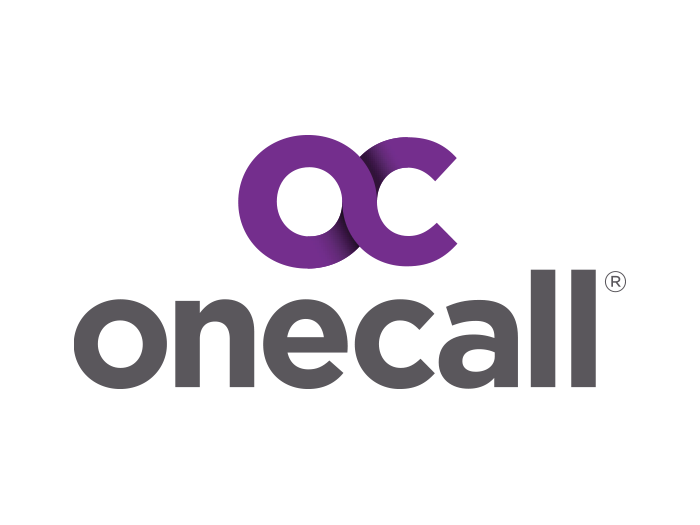Sponsored: Healthcare Solutions
Specialty Drugs Show No Signs of Slowing Down

A decade ago, high-cost specialty drugs were commonly referred to as “injectable drugs” and were used to treat conditions not typically covered in workers’ compensation, such as cancer, rheumatoid arthritis and multiple sclerosis.
“Today, however, new specialty drugs are emerging that will be used to treat other chronic and inflammatory conditions,” said Joe Boures, president and CEO of Healthcare Solutions, an Optum company providing specialized pharmacy benefit management services to the workers’ compensation market.

Joe Boures, President and CEO, Healthcare Solutions
“Payers in the workers’ comp market are just beginning to feel the cost impact of greater utilization of these drugs, which come with expensive price tags.”
Specialty drugs are often manufactured using biologic rather than chemical methods, and they are no longer just administered by injections. New specialty drugs can also be inhaled or taken orally, likely contributing to the rise in their utilization.
“There isn’t a standard definition of specialty drugs, but they are generally defined as being complex to manufacture, costly, require specialty handling and distribution, and they are difficult for patients to take without ongoing clinical support or may require administration by a health care provider,” said Boures.
In 2014, more than a quarter of all new therapies that the FDA approved were through its biologics division. Biologics, and similar therapies, are representative of a future trend in prescription drug spend.
“As the fastest growing costs in health care today, specialty drugs have the potential to change the way prescription benefits are provided in the future,” said Jim Andrews, executive vice president of pharmacy for Healthcare Solutions.
Workers’ Compensation payers may not recognize how specialty drugs are affecting their drug spend.
Specialty drugs like Enbrel®, Humira® and Synvisc® can be processed in conjunction with other medical procedures and, therefore, not recognized by payers as a pharmacy expense.
This leaves payers with little visibility into the costs of these medications within their book of business and a lack of tools to control these costs.
Due to the high costs of specialty medications, special due diligence should be utilized when claimants receive these medications, up to and including utilization review, said Andrews.

Jim Andrews, Executive Vice President of Pharmacy, Healthcare Solutions
“Healthcare Solutions recommends that claimants using specialty drugs are monitored for proper medication handling and that the medication is administered appropriately, as well as monitoring the claimant to determine whether the medication is having its desired results and if there are any side effects,” he said.
“At $1,000 per pill for some of these specialty medications, making sure a claimant can tolerate the side effects becomes vital to making sure the claimant achieves the desired outcomes.”
Hepatitis C drugs have made their way to the workers’ compensation market, largely through coverage of healthcare workers, who have exposure to the disease.
“Traditional drug treatments that began in the 1990’s had a success rate of 6% and costs ranging from $1,800 to over $88,000,” said Andrews.
“The new Hepatitis C specialty medications have a treatment success rate of 94-100%, but cost between $90,000 and $226,000.”
Although the new treatments include higher drug costs, the payer’s overall medical costs may actually decrease if the Hep C patient would have required a liver transplant as part of the course of treatment without the drugs.
While the release of new Hepatitis C medications in 2014 demonstrated the potential impact specialty medications can have on workers’ compensation payers, there are some specialty medications under development that target more common conditions in workers’ compensation.

Pfizer Inc. and Eli Lilly and Company are currently developing tanezumab, a new, non-narcotic medication to treat chronic pain, which is common in workers’ compensation claims.
Tanezumab has demonstrated benefits of reducing pain in clinical trials and may provide non-addictive pain relief to claimants in the future. This may change how pain management is treated in the future.
Healthcare Solutions has a specialty medication program that provides payers discounted rates and management oversight of claimants receiving specialty medications.
Through the paper bill process, Healthcare Solutions aids payers in identifying specialty drugs and works with adjusters and physicians to move claimants into the specialty network.
A central feature of the program is that claimants are assigned to a clinical pharmacist or a registered nurse with specialty pharmacy training for consistent care with one-on-one consultations and ongoing case management.
The program provides patients with education and counseling, guidance on symptoms related to their medical conditions and drug side effects, proactive intervention for medication non-adherence, and prospective refill reminder and follow-up calls.
“The goal is to improve patient outcomes and reduce total costs of care,” said Boures.










